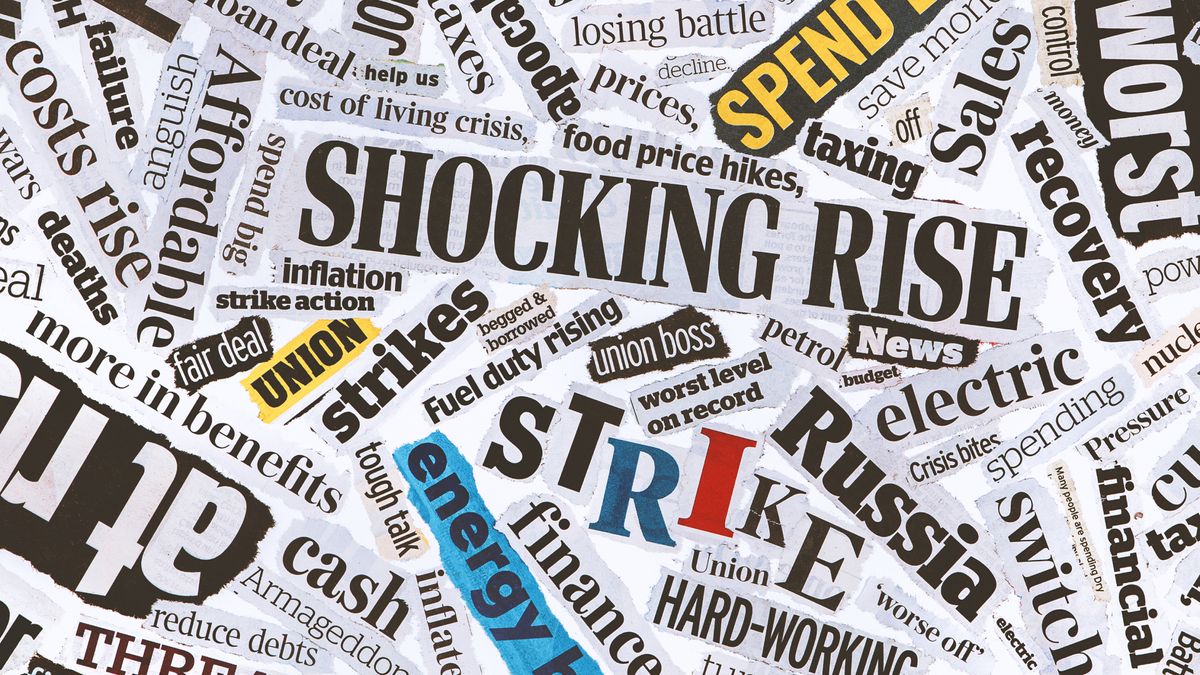Boeing is doing damage control as its first crewed commercial spacecraft remains on the International Space Station (ISS) with no confirmed return date.NASA astronauts Butch Wilmore and Suni Williams traveled in Boeing’s Starliner spacecraft on June 5 after a series of technical delays and were scheduled to stay docked in space for between eight and 10 days.However, 12 days after the crew’s arrival, Boeing delayed the spacecraft’s return until June 26.Another delay was announced on Friday. The aviation company said it needed time to schedule two spacewalks and to assess issues on board following five helium leaks.As Business Insider previously reported, helium supports Starlink’s reaction control system thrusters, which allows them to fire.In a statement to the Financial Times, Boeing said the delays were not considered a failure.”It is a test flight,” the statement said. “The mission is still going and it is going well.”
A spokesperson for the company told BI that it had “extended the mission in order to collect more data” on the helium leaks.They said the helium systems and thrusters are located in the spacecraft’s service module, which is “discarded and burns up in the atmosphere on reentry,” preventing a failure analysis from taking place on Earth.The spokesperson added that the helium leaks had been fixed and were “not a concern for the return mission,” while four of the five thrusters were operating normally.”Starliner is performing well in orbit while docked to the space station,” the spokesperson said, though they added that no return date has been confirmed.They said a new return date will be evaluated following the second spacewalk on July 2.”The crew is not pressed for time to leave the station since there are plenty of supplies in orbit, and the station’s schedule is relatively open through mid-August,” they added.As BI reported on Thursday, Starliner’s delay is the latest in a string of controversies surrounding the company.Boeing has faced criticism from lawmakers, airlines, and whistleblowers, many of whom alleged that its approach to aviation safety wasn’t sufficient.The company previously told BI that those allegations were not representative of the work it has done to “ensure the quality and long-term safety of the aircraft.”NASA did not immediately respond to a request for comment.





